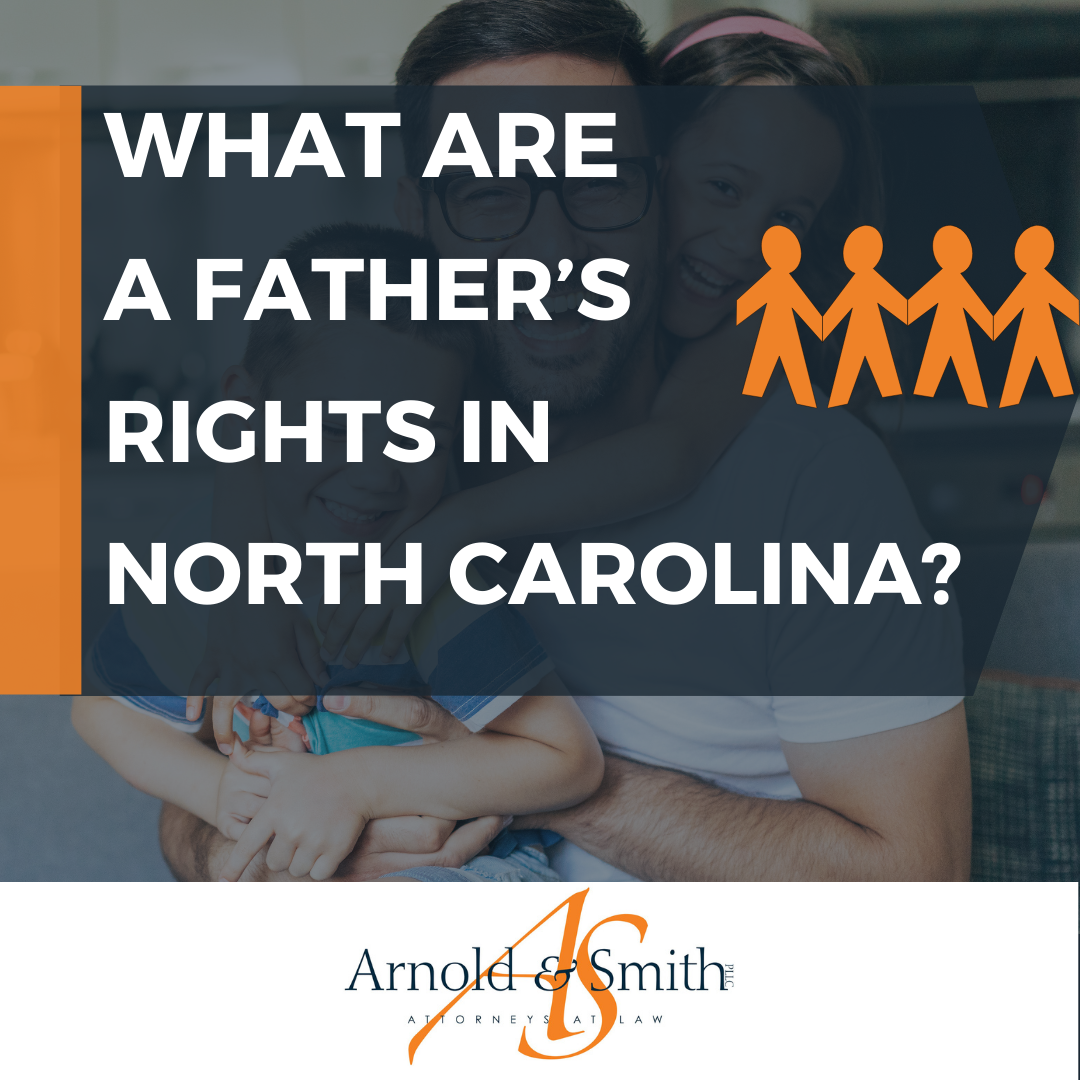 According to a recent article in the New York Times, divorce couples face a tricky issue that they may never have expected when beginning the process of separating from their significant other: grandparents. Most parents want them involved in their children’s lives but it can be complicated given hurt feelings on both sides.
According to a recent article in the New York Times, divorce couples face a tricky issue that they may never have expected when beginning the process of separating from their significant other: grandparents. Most parents want them involved in their children’s lives but it can be complicated given hurt feelings on both sides.
If the divorce was civil and no one was at fault things might be fairly simple, but what if things didn’t go so swimmingly? The goal for parents should be keeping the grandparents in the family regardless of the parents’ differences. The following suggestions can help ease a difficult transition:
1. Figure out your own relationship with your ex’s parents.
What’s your relationship with your former spouse’s parents? Do you visits with them? If you’re comfortable, go for it. Coffee, e-mails, texts are great. If you’re not, now’s a good time to practice being civil. Don’t let whatever emotions you might have towards your husband spill over to the rest of his family.
2. Keep the lines of communication open.
One thing parents can do is make it clear to the grandparents that they have full access to the grandkids no matter what is going on between husband and wife. Make yourself available to the other side of the family, they might be worried about you cutting off contact and an olive branch can go along way to making everyone relax.
3. Issue invitations.
Ideally it would be good for the ex-spouse to take the lead in making certain that his or her parents were invited to graduations, to concerts, to school functions, etc., but if he or she doesn’t, do it anyway. Another good bit of advice is not to limit time with the paternal grandparents to when the kids are with their dad and vice versa for the maternal grandparents.
4. Be aware of the kids’ needs.
Sometimes having everyone gathered at the same time for holidays and family events isn’t what’s best for the kids. Many children won’t want to have their worlds collide with new spouses mixing with their parents and grandparents. If that’s the case, try for more visits under different circumstances. Better to have them spend time one-on-one and have the time be meaningful than put on a show that makes everyone uncomfortable.
Continue reading
 Grandparent Visitation in North Carolina
Grandparent Visitation in North Carolina Charlotte Divorce Lawyer Blog
Charlotte Divorce Lawyer Blog






